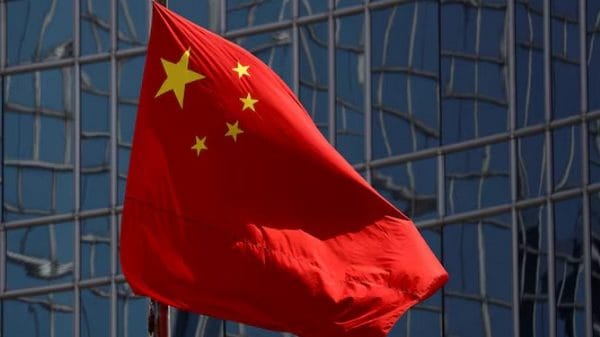Thank you dear subscribers, we are overwhelmed with your response.
Your Turn is a unique section from ThePrint featuring points of view from its subscribers. If you are a subscriber, have a point of view, please send it to us. If not, do subscribe here: https://theprint.in/
A Take-On China
An ‘eclectic, spatial & temporal’ understanding of world affairs of the world covered by the Chinese principle ‘Tianxia’ (all under heaven) helps Chinese foreign policy. Is ‘Tianxia’ akin to ‘anything goes’ philosophy for Paul Feyeraband? Or would China consider Lord Almighty such as the early American state or the Islamic World? Can China consider ‘all under heaven’ as the truth itself? So what’s calling a spade a spade? Or distinguishing clean water from polluted water? However, China respects everything as it seeks respect from everyone. China deserves attention without doubt, it’s an economic miracle that has achieved in 45 years what the USA did in a century or more. Since the dismantlement of the previous bipolar world order, the world has become more anarchic & insecure. Can the blame be shifted to the neo-imperialists in the West? The US leadership has often used the oft-repeated dichotomy of ‘Democracy vs Authoritarianism’ or ‘Free World vs Totalitarian World’ to seek a higher degree of legitimacy. Its efforts to build back the state apparatus have often failed politically if not a failure for its military. Therefore, it can be safely concluded that the West has rather helped disorder instead of order with its brand of global politics. Meanwhile, China does not fight wars such as the West. The question arises about the alternatives that various ideologies & philosophies offer. Communism in its various forms had been a serious 20th century phenomenon that perplexed the Western neo-imperialists as their values’ antithesis. It was one reason for the Cold War between the Western bloc led by the US & the Communist bloc led by the Soviet Union & China. Since the disintegration of the Soviet Union, Communism is no longer a global political challenge for the neo-imperialists, hedonists & totemics.
Meanwhile, China has evolved from early Maoist communism to a socialist state that has a blend of a free market & strong proletariat organizations. Such an evolution has defeated negative Western forecasts on China. Since the Deng Xiaoping regime opened the Chinese economy to the world (1978), China has emerged as the foremost global economy with a sustainable economic ecosystem unlike the US that suffers debt traps & a disenchanted proletariat in both the US & EU. Nevertheless, Chinese marxism & maoism inspired the Chinese Communist Party (CCP) & its politburo, Western thinkers have concluded communism as a means to an end & not an end per se. For instance, the Chinese model of Communism has been categorized as merely a theory of politico-economic & national development to achieve a social balance where the state structure retains its nationalist form & and it doesn’t wither. In India, Marxism has organically been reduced to a politico-economic theory that has served the ethno-centrism in India’s east, center & the south. Indian Marxists/left thinkers & activists have so far failed against the ideological onslaught of colored nationalism such as Hindutva. Most Indians don’t see a problem with a colored, totemic, & populist regime that is driven by totemic statuettes & temples, whose funds are hardly taxed. The Hindutva regime led by Modi even cooperates on federal matters with its ideological/political opponents, such as the CPIM government in Kerala. Max Weber had a take on ‘Totems’, albeit the political currency of totems & totemic statuettes is hardly understood. Meanwhile, India suffers from an evil political economy of totems, graves & statuettes. China remains socially strong with no high degree of polarization in its society. Chinese cities have no slums & the second tier Indian cities do not match the Chinese second tier cities (such as Anshan).
Deists in democracies, the West and the Gulf have criticized the Communists/Marxists in the West & the East as godless, and deprived of individual virtue, ethics & a social code. Meanwhile, it’s the opposite in China, where ‘the question of a deity’, not a question in China, never made China legalize homosexuality or concoct religious totemic statuettes, rather it opened 530+ Confucius institutes globally. Totems are not relics & monuments such as the Eiffel Tower, but they serve a political economy of their own, usually one that alienates the non-totemic peoples. Now, China remains socially strong with a consumer-driven economy & a 5th generation industrial revolution makes China a leader in semiconductor & high-tech chip production involving cutting edge artificial intelligence tech. New China focuses on individuality & arrests individualism of the West, where the Chinese comprador is the strongest in the world with 700+ billionaires. In a paradoxical China vis-à-vis its communist past, Chinese citizens look at themselves as American peers & its leadership is more credible than the American, especially on issues of global significance such as Palestine.
These pieces are being published as they have been received – they have not been edited/fact-checked by ThePrint.


